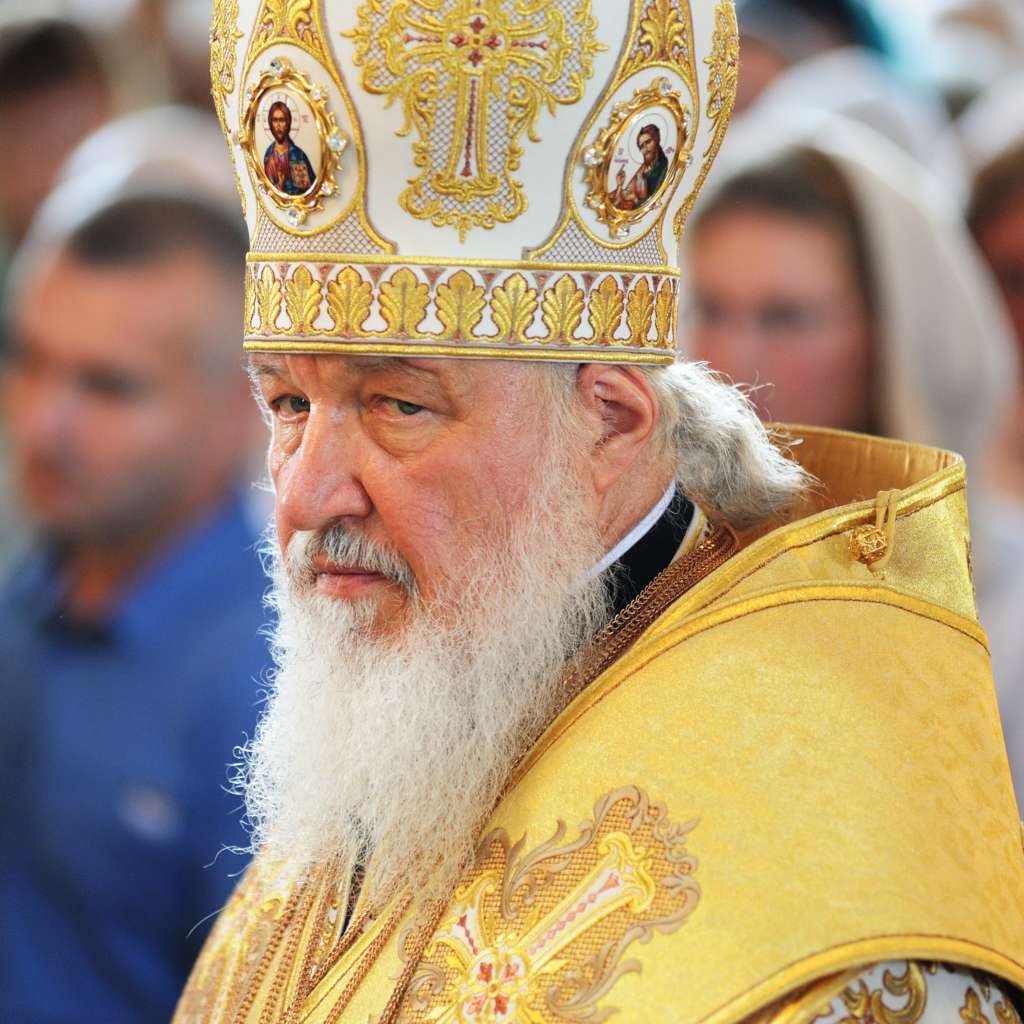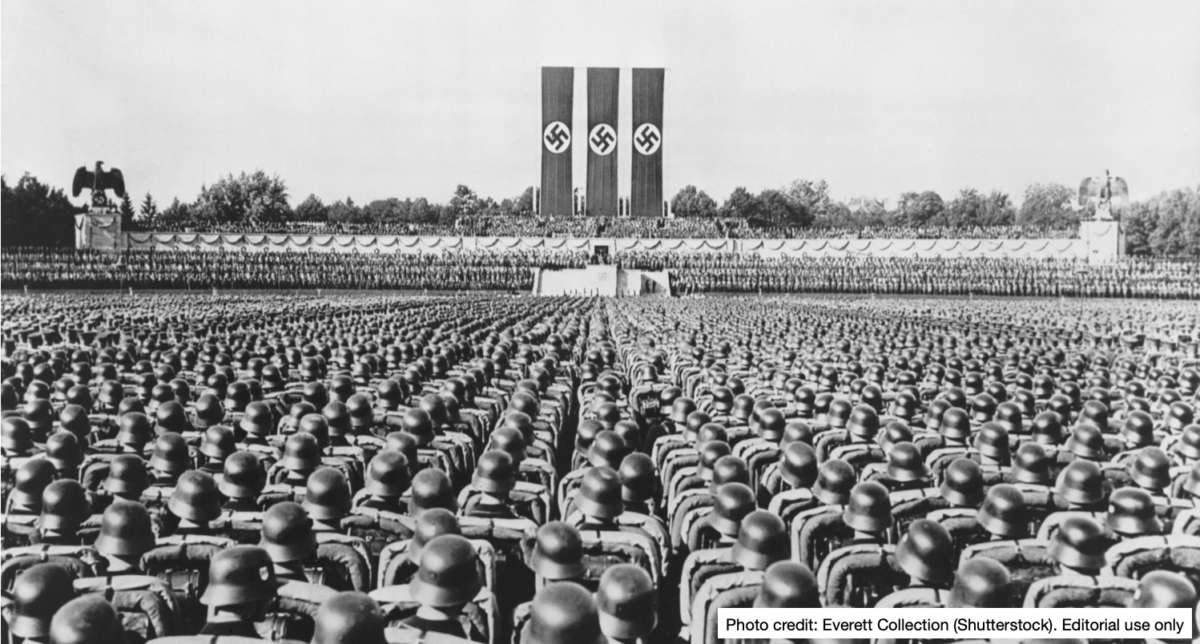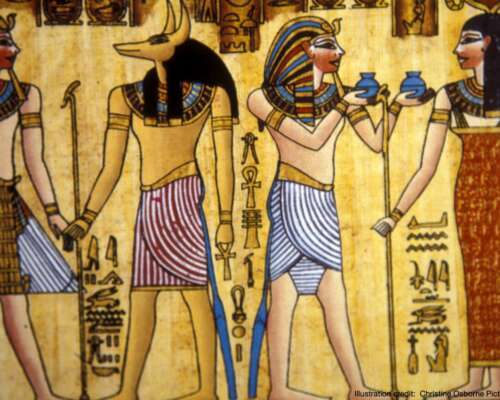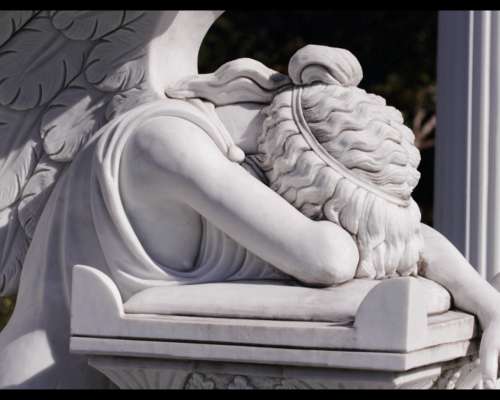In a widely read interview with Politico Magazine, Dr. Fiona Hill, former Senior Director at the National Security Council and a Russian policy expert said of Vladimir Putin on the eve of his invasion of Ukraine: “I’ve kind of quipped about this but I also worry about it in all seriousness — that Putin’s been down in the archives of the Kremlin during Covid looking through old maps and treaties and all the different borders that Russia has had over the centuries. He’s said, repeatedly, that Russian and European borders have changed many times. . . Putin’s view is that borders change, and so the borders of the old Russian imperium are still in play for Moscow to dominate now.” By dominate, Dr. Hill presumably means rule over Belarus, Ukraine, possibly Lithuania and Poland, Moldova, and any other country the Russian bear sets its sights on. Old maps? Old myths? Could there be a mythology of war to explain this apparent madness?
“I worry. . .that Putin’s been down in the archives of the Kremlin during Covid looking through old maps and treaties and all the different borders that Russia has had over the centuries.“
Dr. Fiona Hill
Only today, I read a commentary in the Telegraph written by Jade McGlynn, a Senior Researcher on Russia who teaches at University College (Oxford). In it, she writes about the very real threat of nuclear war and I was particularly struck by a paragraph where she writes that the initial weeks of the invasion of Ukraine failed because it was “fueled by deeply irrational thinking.” She goes on to say “Having invaded armed with mythology rather than analysis, the army failed to achieve its objectives, and Russian elites are now blaming all and sundry for the results, singling out ever more preposterous enemies, from NATO, to a US Congress-sponsored team of homosexuals, to satanists.” This almost seems to be something we might have read in a “Q-drop.” The tirade against homosexuals”” and “satanists” likely comes from the lips of

Patriach Kirill (nee Vladimir Mikhailovich Gundyayev), the current leader of the Russian Orthodox Church who has been spoiling for a fight with Ukraine after they formed their own branch of Eastern Orthodoxy with the blessings of Ecumenical Patriarch Bartholomew I in order to to get away from Patriach Kirill and his dominance. Yet, this fits comfortably with President’s Putin’s personal worldview which has little room for gays, either.
Armed with a mythology
I was taken by Dr. McGlynn’s reference to mythology being the driving force that led Russia to violate the sovereignty of Ukraine. This was in place of a true, unbiased analysis of exactly what is in the strategic interests of Russia and what is not, history notwithstanding. It likely also preempted a review of who is the friend of Russia and who is the enemy and what Russia’s role is and will be in the world going forward.
“Ukraine is an inalienable part of our own history, culture and spiritual space. These are our comrades, those dearest to us – not only colleagues, friends and people who once served together, but also relatives, people bound by blood, by family ties.”
The Guardian
I wrote of the significance of Kievan Rus‘ in another post. On the one hand, Kievan Rus‘ is an historical fact, but on the other hand, it is larger than life, and perhaps the details are still shrouded in mystery (the devil is in the details, as they say.) Three modern nations (Russia, Belarus and Ukraine) emerged from Kievan Rus‘, but overtime Russia claimed dominance (though it appears to me that Ukraine could just have easily have won that argument since Kiyv and not Moscow was the original “holy city” and the seat of Vladimir the Great.) In fact, Kiyv predates Moscow by several centuries.
Family ties
Using Kievan Rus‘ as a rationale, Russia sees itself as the beneficiary of some form of primogeniture, while Belarus and Ukraine are younger brothers who need stern correction and supervision. According to Ukraine’s “big brother,” this can be accomplished with the help of Kinzhal hypersonic cruise missiles and the TOS-1A thermobaric weapon system. Nor does Moscow have any qualms adbucting several thousand noncombatant Ukrainians to the interior of Russia to an uncertain fate, killing perhaps several thousand other civilians left behind in the Ukraine. In fact, Russia does not accept Ukraine’s right to exist apart from a vassal state, if it is not part of Mother Russia, itself. Said Putin: “Ukraine is an inalienable part of our own history, culture and spiritual space. These are our comrades, those dearest to us – not only colleagues, friends and people who once served together, but also relatives, people bound by blood, by family ties.”
“Having invaded armed with mythology rather than analysis, the army failed to achieve its objectives, and Russian elites are now blaming all and sundry for the results, singling out ever more preposterous enemies, from NATO, to a US Congress-sponsored team of homosexuals, to satanists.”
Dr. Jade McGlynn
It does seem that even though Putin fears NATO expansion, creeping democratic ideals and particularly troublesome notions in Russia’s sphere of influence, some relatively minor neofascist elements and that he harbors hurt feelings from a perceived lack of respect on the world stage, there is something more that motivates him. A return, perhaps, to the “good old days” of Empire? From there, my mind drifted to Nazi Germany. There was a mythological underpinning in Germany as well. For example, the term “The Third Reich” or realm. This notion received it’s legitimacy (among Germans) by declaring itself the direct heir to the German Empire of the late nineteenth century, which was build on the ruins of the Holy Roman Empire (the First Reich, again according to the Germans.) Heinrich Himler, Alfred Ernst Rosenberg, Houston Stewart Chamberlain and others came up with an a patchwork of theories or peculiar notions or prophecies that predicted German political dominance, Aryan superiority over other races, ethnic groups and so on. Mein Kampf provided the rest. These were used to justify the Anschluss, the war for the sake of Lebensraum, and so on. Like ideological references today to Kievan Rus‘. Perhaps it was not too distant for our own Manifest Destiny beliefs of the nineteenth century which gave white America the freedom to take whatever it wanted from the indigenous inhabitants (and Mexicans) in the conquest of North America.
In our own lifetime, Saddam Hussein tried to resurrect the glory of Babylon. Says the Atlas Obscura “Saddam saw himself as a modern reincarnation of Nebuchadnezzar, and to prove it, he spent millions building a massive reconstruction of Babylon. He also wasted several hundred thousand lives in persuit of this royal title.
“Saddam saw himself as a modern reincarnation of Nebuchadnezzar, and to prove it, he spent millions building a massive reconstruction of Babylon.”
atlas Obscura
Clearly, there are people today who have grandiose notions. Thoughts of Muslim conquest and a united Ummah across a single, immense transcontinental nation starting in west Africa, including southern Europe, the middle-east, Asia, even to the shores of Australia (e.g. a Caliphate) likely fill the minds of the Wahhabi and other militant sects of Islam. In history, past often becomes prologue. Reconquest is also an opportunity to settle old scores. We saw in the Bosnia/Serbia conflict in the years before the curtain opened on this century just how many of the national grievances went back hundreds and hundreds of years.
Afterward
We can try to address the inequities and the concerns that the belligerents have in the current war have. Perhaps NATO membership for Ukraine without positioning NATO forces or weapon systems there? Certainly, Russia cannot guarantee a safe future for that country, with or without Crimea. But dealing with the allure of mythology, of the calls from ghosts of the past, whether Vladimir I, Friedrich der Große or Nebuchadnezzar, is much more difficult.




